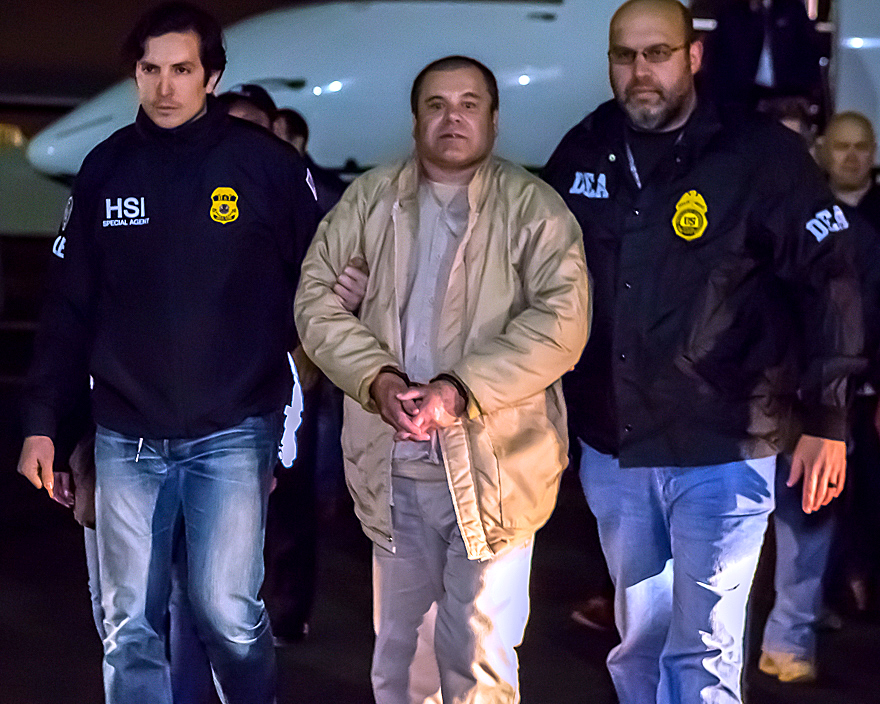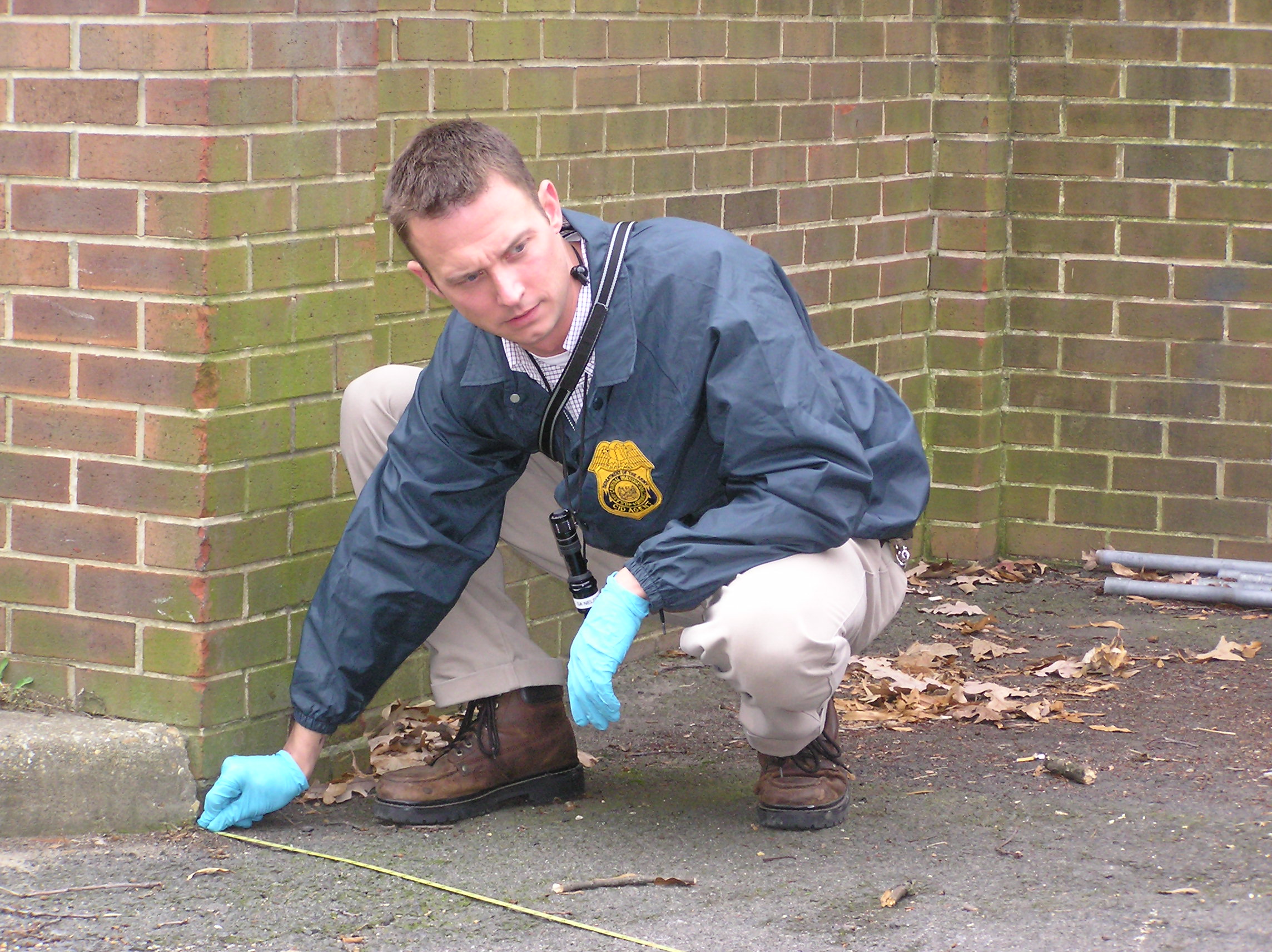|
Crime Reenactment
A crime reenactment is a practice where criminal suspects are ordered, as part of the police investigation process, to describe or act out the steps of the crime of which they are accused. It is claimed to help investigators visualize the crime and verify confessions. In some countries, including South Korea and Thailand, crime reenactments are done publicly at the site of the crime, serving as a form of public humiliation. The practice has been criticized by rights groups, including Thailand's National Human Rights Commission (Thailand), National Human Rights Commission, as violating suspects' rights and the principle of presumption of innocence. See also *Crime reconstruction *Perp walk References Criminal investigation Law enforcement in South Korea Law enforcement in Thailand {{law-enforcement-stub ... [...More Info...] [...Related Items...] OR: [Wikipedia] [Google] [Baidu] |
South Korea
South Korea, officially the Republic of Korea (ROK), is a country in East Asia. It constitutes the southern half of the Korea, Korean Peninsula and borders North Korea along the Korean Demilitarized Zone, with the Yellow Sea to the west and the Sea of Japan to the east. Like North Korea, South Korea claims to be the sole legitimate government of the entire peninsula and List of islands of South Korea, adjacent islands. It has Demographics of South Korea, a population of about 52 million, of which half live in the Seoul Metropolitan Area, the List of largest cities, ninth most populous metropolitan area in the world; other major cities include Busan, Daegu, and Incheon. The Korean Peninsula was inhabited as early as the Lower Paleolithic period. Gojoseon, Its first kingdom was noted in Chinese records in the early seventh century BC. From the mid first century BC, various Polity, polities consolidated into the rival Three Kingdoms of Korea, kingdoms of Goguryeo, Baekje, and Sil ... [...More Info...] [...Related Items...] OR: [Wikipedia] [Google] [Baidu] |
Thailand
Thailand, officially the Kingdom of Thailand and historically known as Siam (the official name until 1939), is a country in Southeast Asia on the Mainland Southeast Asia, Indochinese Peninsula. With a population of almost 66 million, it spans . Thailand Template:Borders of Thailand, is bordered to the northwest by Myanmar, to the northeast and east by Laos, to the southeast by Cambodia, to the south by the Gulf of Thailand and Malaysia, and to the southwest by the Andaman Sea; it also shares maritime borders with Vietnam to the southeast and Indonesia and India to the southwest. Bangkok is the state capital and List of municipalities in Thailand#Largest cities by urban population, largest city. Tai peoples, Thai peoples migrated from southwestern China to mainland Southeast Asia from the 6th to 11th centuries. Greater India, Indianised kingdoms such as the Mon kingdoms, Mon, Khmer Empire, and Monarchies of Malaysia, Malay states ruled the region, competing with Thai states s ... [...More Info...] [...Related Items...] OR: [Wikipedia] [Google] [Baidu] |
Public Humiliation
Public humiliation or public shaming is a form of punishment whose main feature is dishonoring or disgracing a person, usually an offender or a prisoner, especially in a public place. It was regularly used as a form of judicially sanctioned punishment in previous centuries, and is still practiced by different means (e.g. schools) in the modern era. In the United States, it was a common punishment from the beginning of European colonization of the Americas, European colonization through the 19th century. It fell out of common use in the 20th century, though it has seen a revival starting in the 1990s. With the rise of social media, public shaming moved to the digital sphere, exposing and humiliating people daily, sometimes without their knowledge. Shameful exposure Public humiliation exists in many forms. In general, a criminal sentenced to one of many forms of this punishment could expect themselves be placed (restrained) in a central, public, or open location so that their f ... [...More Info...] [...Related Items...] OR: [Wikipedia] [Google] [Baidu] |
National Human Rights Commission (Thailand)
The National Human Rights Commission of Thailand ( Abrv: NHRCT; , ) was established on 13 July 2001 as a national human rights institution. The seven member commission has been unable to meet for want of a quorum since 30 July 2019, when two commissioners resigned, stating that they could "no longer perform their duties independently and effectively due to restrictive regulations and a hostile and toxic environment." Inception The commission came into being after a clash, known as " Black May", between pro-democracy demonstrators and the military in May 1992 which resulted in numerous casualties. The cabinet (42: Prem Tinsulanonda 3 March 1980 – 30 April 1983) passed a resolution in September 1992, to establish a national organization to protect human rights. The national human rights commission was eventually mandated in Article 199 and 200 of the constitution adopted in October 1997, and formally constituted in July 2001. From its inception to 31 May 2005, it received 2 ... [...More Info...] [...Related Items...] OR: [Wikipedia] [Google] [Baidu] |
Presumption Of Innocence
The presumption of innocence is a legal principle that every person Accused (law), accused of any crime is considered innocent until proven guilt (law), guilty. Under the presumption of innocence, the legal burden of proof is thus on the Prosecutor, prosecution, which must present compelling evidence to the trier of fact (a judge or a jury). If the prosecution does not prove the charges true, then the person is Acquittal, acquitted of the charges. The prosecution must in most cases prove that the accused is guilty beyond a reasonable doubt. If reasonable doubt remains, the accused must be acquitted. The opposite system is a presumption of guilt. In many countries and under many legal systems, including common law and Civil law (legal system), civil law systems (not to be confused with Civil law (common law), the other kind of civil law, which deals with non-criminal legal issues), the presumption of innocence is a legal right of the accused in a criminal trial. It is also an in ... [...More Info...] [...Related Items...] OR: [Wikipedia] [Google] [Baidu] |
Crime Reconstruction
Crime reconstruction or crime scene reconstruction is the forensic science discipline in which one gains "explicit knowledge of the series of events that surround the commission of a crime using deductive and inductive reasoning, physical evidence, scientific methods, and their interrelationships". Gardner and Bevel explain that crime scene reconstruction "involves evaluating the context of a scene and the physical evidence found there in an effort to identify what occurred and in what order it occurred." Chisum and Turvey explain that " listic crime reconstruction is the development of actions and circumstances based on the system of evidence discovered and examined in relation to a particular crime. In this philosophy, all elements of evidence that come to light in a given case are treated as interdependent; the significance of each piece, each action, and each event falls and rises on the backs of the others." Methods Crime scene reconstruction has been described as putting tog ... [...More Info...] [...Related Items...] OR: [Wikipedia] [Google] [Baidu] |
Perp Walk
A perp walk, walking the perp,The term "perp" is short for "perpetrator", and is commonly used by Police#United States, police departments for those they arrest. It is legally inaccurate since the arrested individual's guilt (law), guilt has not been judicially established at that point. or frog march (Washington, D.C. English) is a practice in law enforcement of parading an arrested suspect out in public before their initial Appearance_(law), appearance in court. The suspect is typically escorted from a police station to a police vehicle to the courthouse and then after the court hearing back to a vehicle, creating an opportunity for a Media circus, media frenzy to take photographs and video of the event (sometimes, if the police have alerted the media to an imminent arrest, it takes place afterwards). The defendant is normally handcuffed or otherwise restrained, and is sometimes dressed in prison garb. Within the United States the perp walk is most closely associated with New Yor ... [...More Info...] [...Related Items...] OR: [Wikipedia] [Google] [Baidu] |
Criminal Investigation
Criminal investigation is an applied science that involves the study of facts that are then used to inform criminal trials. A complete criminal investigation can include Search and seizure, searching, interviews, interrogations, Evidence (law), evidence collection and preservation, and various methods of investigation. Modern-day criminal investigations commonly employ many modern scientific techniques known collectively as forensic science. Criminal investigation is an ancient science that may have roots as far back as in the writings of the Code of Hammurabi. In the code, it is suggested that both the accuser and the accused had the right to present evidence they collected. In the modern era, criminals investigations are most often done by government Police, police forces. Private investigators are also commonly hired to complete or assist in criminal investigations. An early recorded professional criminal investigator was the English constable. Around 1250 CE, it was recorde ... [...More Info...] [...Related Items...] OR: [Wikipedia] [Google] [Baidu] |
Law Enforcement In South Korea
South Korea has a relatively unified and integrated approach to law enforcement. For example, the National Police Agency (Republic of Korea), National Police Agency (NPA) provides all general policing services throughout the country. Due to the unitary system, local police organizations are directly under the NPA. This way of law enforcement varies in many countries, an example of such variations can be expressed in France as policing is split between the Police Nationale, National Police and ''French Gendarmerie, Gendarmerie. A''nother example of variations of law enforcement could be shown from the United States, as the United States has a layered system of Federal law enforcement in the United States, federal, State police (United States), state, and/or Law enforcement in the United States, local law enforcement organizations. However, South Korea has several independent agencies that only enforce a specific law or laws—for example, the Ministry of Justice (South Korea), M ... [...More Info...] [...Related Items...] OR: [Wikipedia] [Google] [Baidu] |



